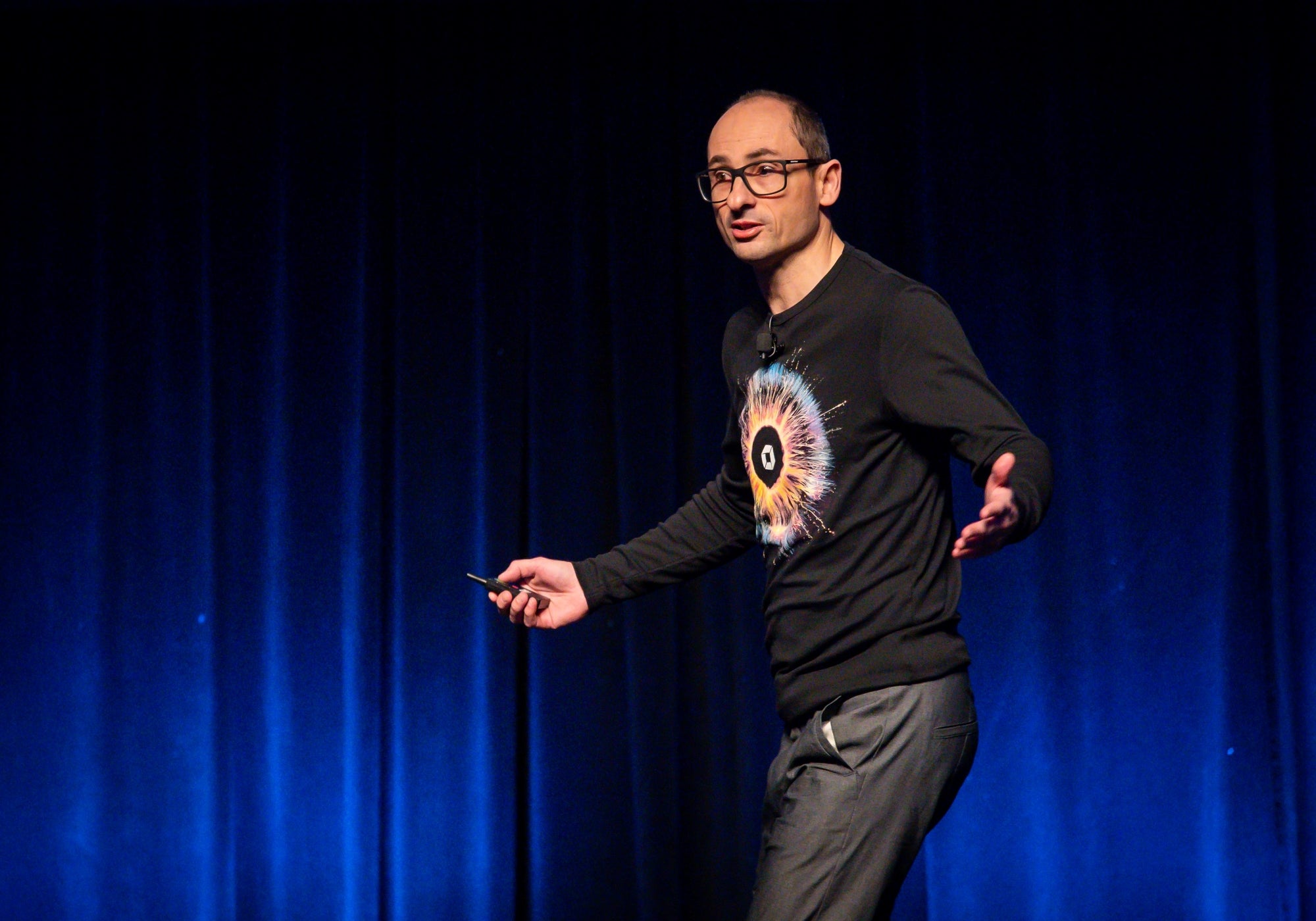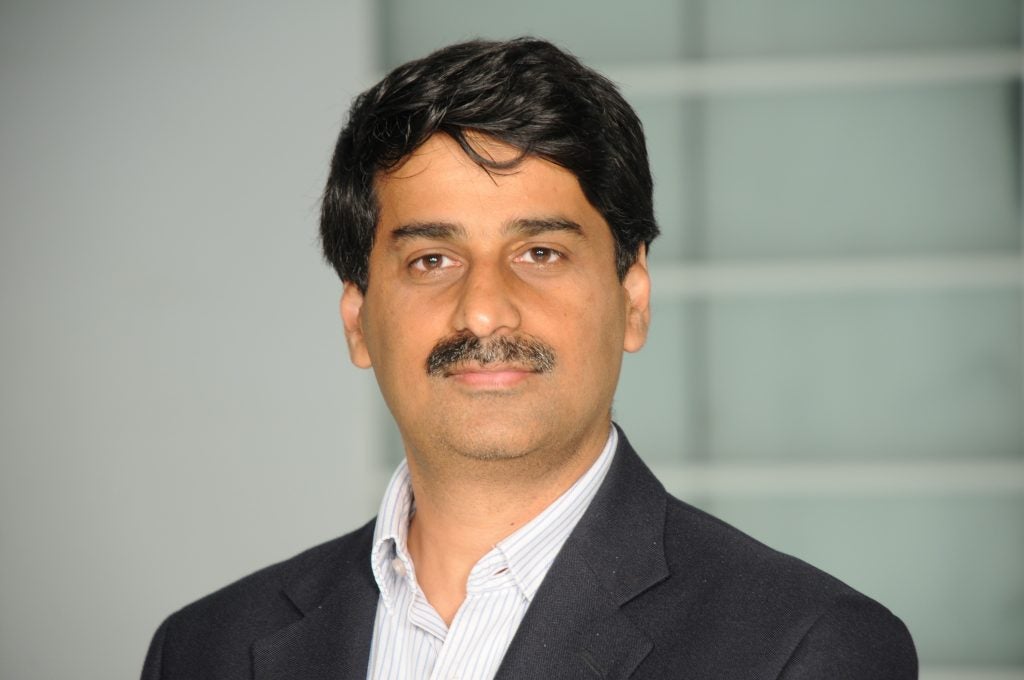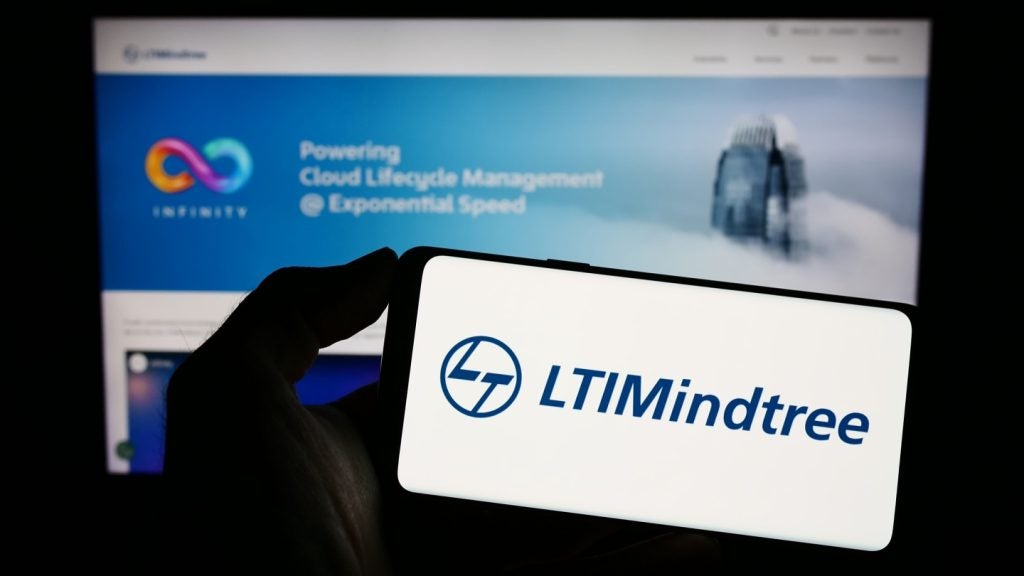
Bernd Greifeneder is the CTO of Dynatrace, a US-headquartered firm that provides software intelligence to help enterprises manage their cloud environments and accelerate digital transformation.
It counts SAP, EE, Abercrombie & Fitch, TUI and Samsung among its customers, offering services such as application performance management and artificial intelligence for operations.
Greifeneder founded Dynatrace in 2005 and it is his third successful venture. He has 15 years of engineering leadership under his belt and owns nine tech patents. In his spare time, Greifeneder advises startups, speaks at entrepreneurial events and supports academic technology research.
In this Q&A, the 21st in our weekly series, Greifeneder explains how Covid-19 has made digitisation “more important than ever”, why not all AI is created equal and shares some of his “nerdy projects”.
Rob Scammell: Tell us a bit about yourself – how did you end up in your current role?
Bernd Greifeneder: I’ve been coding to solve business problems since I was at technical college and university. My first international project was ironically already in the field of monitoring – dealing with the performance of sack weaving machines operating in the Dominican Republic. Later, halfway through writing my master’s thesis, I started my first proper, full-time job as a software engineer. I started as a project lead at a small Austrian startup, that became part of Segue Software Inc., where I later progressed to CTO. When I went back to complete my MSc, I wrote the prototype product that convinced me to make the move of founding Dynatrace, to help organisations deliver better digital experiences.
What’s the most important thing happening in your field at the moment?
I’d say the most important thing at the minute is the shift to the autonomous cloud, as our customers look to transform into software businesses. Now, with Covid-19, digitalisation is more important than ever, and so enabling engineers to focus on what matters is priceless. The goal is to reach a state where operations are largely automated, with self-healing capabilities to provide the best possible digital experience for end-users. This is crucial to ensuring companies can remain competitive in a time when the customer, and their experience, is king.
How well do you really know your competitors?
Access the most comprehensive Company Profiles on the market, powered by GlobalData. Save hours of research. Gain competitive edge.

Thank you!
Your download email will arrive shortly
Not ready to buy yet? Download a free sample
We are confident about the unique quality of our Company Profiles. However, we want you to make the most beneficial decision for your business, so we offer a free sample that you can download by submitting the below form
By GlobalDataWhich emerging technology do you think holds the most promise once it matures?
Electric vehicles, like cars or drones, seem set to take over the world and we’ve already started to see the development of digital implants to augment and extend human capabilities, which is fascinating. A more immediate technology I’m intrigued by is the rise of microcontrollers and the Internet of Things (IoT) and how that will revolutionise how businesses operate, by enabling tasks like predictive maintenance, real-time inventory control and fleet management. However, organisations must get on the front foot to ensure the complexity of their cloud environment doesn’t impact the performance of IoT ecosystems, ensuring they can reap the rewards of a more connected future.
How do you separate hype from disruptor?
I think we need to be informed about different types of technologies to distinguish disruptor from hype. Take AI as an example – we hear terms like machine learning, deep learning, and chatbots – all of which we associate with artificial intelligence. But all AIs aren’t equal. For example, deep learning methods used for Go and Chess have shown they can beat humans when given clearly defined rules and finite moves, but using deep learning in facial recognition systems at airports to identify suspicious individuals could introduce bias that could do more harm than good. Faces don’t always follow ‘rules’ and it’s difficult for AI to identify features accurately. Ultimately, it all depends on the use-case.
What’s the best bit of advice you’ve been given?
I was once told, “don’t look back!”, which is something that has really shaped my view. That advice means I always start my day looking forwards, and think, “what’s my next best move?”
Where did your interest in tech come from?
I’ve always been fascinated by machines, electronics and software and was even programming in Assembly when I was at school. While I was at technical college, I was creating software to manage the distribution of free schoolbooks, as well as working on software for real estate brokers. I think my true path was always going to be software to be honest, I think because it can be changed and adopted so rapidly, it allows me – and organisations across the world – to achieve goals much faster. Ultimately, software runs the world, and so to be part of ensuring it works perfectly is extremely exciting.
What does a typical day look like for you?
I love to have variety in my day, so for me there is no such thing as a typical day. I tend to structure my day around strategic tasks that will make a difference and so doing something very repetitive or tactical isn’t really for me.
What do you do to relax?
When I’m at home I like to help my kids develop their mechatronic engineering skills and work with them on various nerdy projects – soldering, coding and 3D milling and printing are some of our favourites. One of the things we’re currently working on is building a guitar from scratch. However, I do like to have a balance between all things digital and outdoor activities and sports. Sailing foiling catamarans is a huge passion of mine, and when there is no wind, sanding hydrofoils is a great alternative to pass a few hours.
Who is your tech hero?
The billions of people who manage to overcome limitations of poorly designed software and suffer in the process. We need to pay more attention to their struggles and improve product experiences.
What’s the biggest technological challenge facing humanity?
The biggest challenge facing humanity is how increasingly reliant we are on software. It runs the world, and just one outage – caused by physical or digital attack issues – can cause chaos and disrupt entire businesses. Imagine say, parts of public clouds went down or simply ran out of hardware instances. Services couldn’t scale and run, and an interdependent set of global digital services would go down. This would be particularly harmful during the current pandemic, as billions of people are more reliant than ever on these services. As industries continue to grow more reliant on software, we need to make sure it works.
Read more: CTO Talk: Q&A with Orange Cyberdefense’s Etienne Greeff






